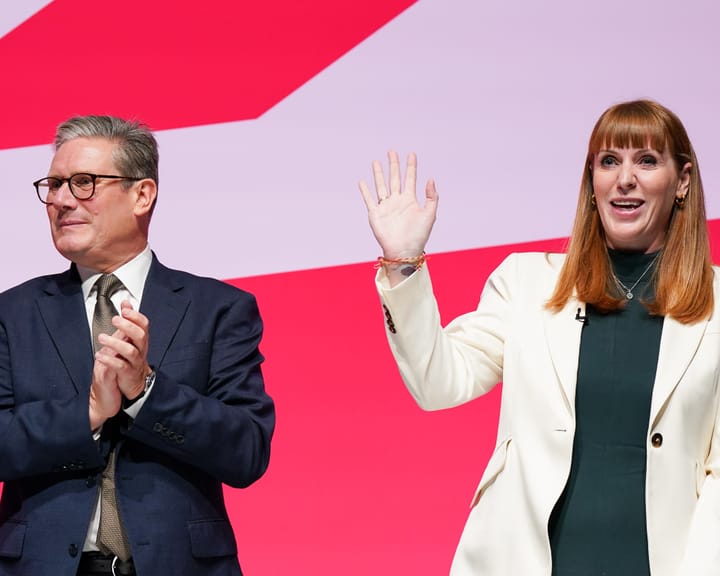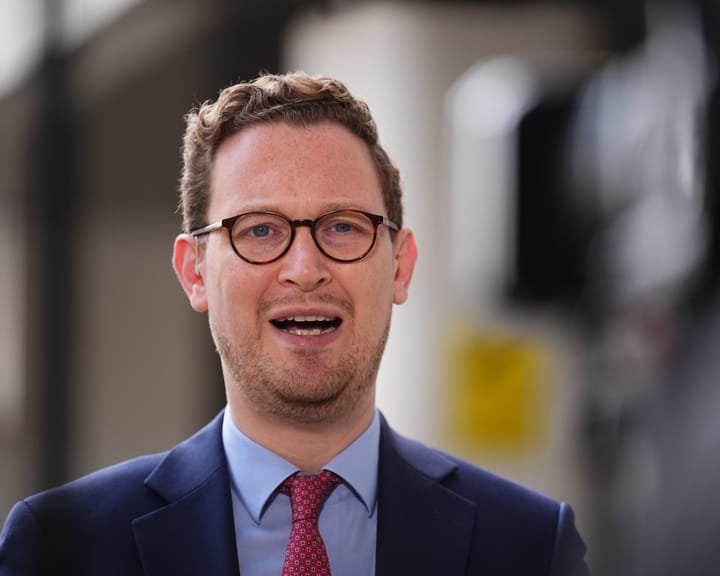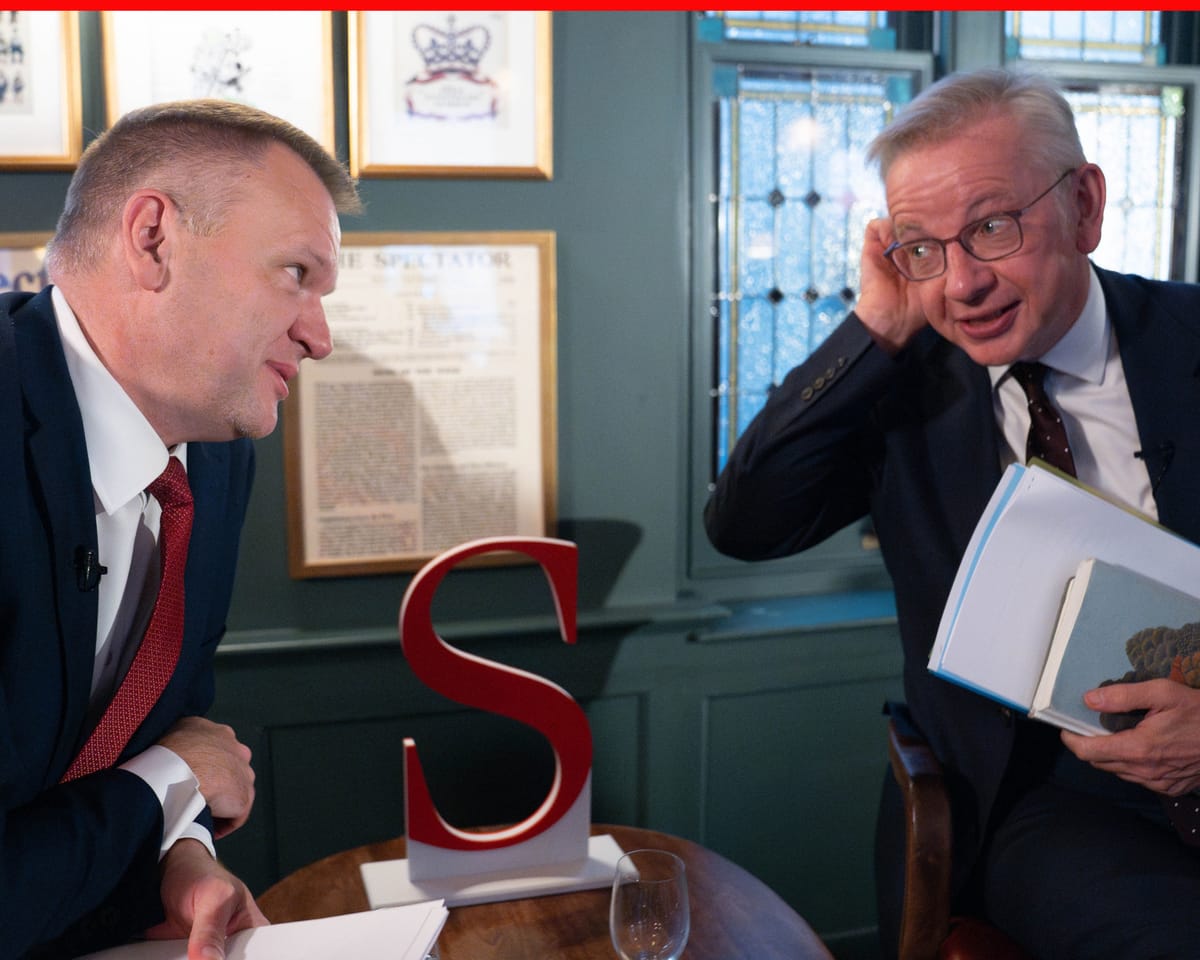When asked in 2020 whether the UK would align with EU business regulations, Michael Gove, then a Cabinet Office minister, responded firmly: “We will not trade away our sovereignty.”
On Wednesday, seated beside his Labour successor, Nick Thomas-Symonds, the current editor of The Spectator, Gove was more cautious.
Pressed on whether he agreed with Thomas-Symonds’ stance that dynamic alignment could benefit the economy, Gove smiled and said: “I will wait to see the details before making a definitive judgment.”
His measured reply reflected not just politeness—Thomas-Symonds delivered his speech at The Spectator’s offices—but also an awareness that public opinion has shifted since 2025.
Thomas-Symonds’ address marked his most strongly pro-European statement since joining the government last year as Keir Starmer’s chief negotiator on EU matters.
The Cabinet Office minister emphasized his aim to secure an agreement allowing unrestricted exports of food and drink to the EU—a move the government claims could yield £5.1 billion in annual economic gains by 2040.
Currently, small businesses pay £200 per shipment for agricultural export licenses—a cost the government has pledged to scrap.
He also spoke candidly about the advantages of adhering to EU standards in the near term, even though the UK no longer participates in shaping them. “This would allow us to ease checks on goods crossing the Irish Sea, which would clearly boost trade,” he said.
Most notably, after months of hesitation regarding a potential youth mobility scheme with the EU, Thomas-Symonds voiced strong support.
“Providing these opportunities for young Britons is incredibly exciting—I think the scheme will be fantastic,” he said.
He argued the discussion has evolved since Gove helped lead the Leave campaign. “Last week’s GCSE results day saw young people opening envelopes that shape their futures—most of them weren’t even eight during the referendum. That chapter is over,” he noted.
If Gove’s reserved stance on dynamic alignment was notable, Nigel Farage’s avoidance of the debate has been even more striking.
When Starmer unveiled his initial EU agreement in May, Farage was out of the country.
At a Wednesday press conference in Edinburgh, the Reform leader didn’t mention the issue, though his party released a statement accusing the government of “sidling up to the EU while keeping us bound by old EU laws.”
Labour representatives have openly expressed their desire to draw Farage into a debate they believe he cannot win.
“Since our reset deal, Farage has been silent, offering only a few recycled comments to his base,” one official said. “It’s time he explained his stance on EU relations.”
Given Farage’s silence on the matter Wednesday, the Reform leader seems uninterested in engaging—for now.
Read next

PM's adviser rules out early election amid Rayner exit and Farage allegations
Albanian Ambassador Disputes Farage's Claims as False
The Albanian ambassador to the UK has confronted Nigel Farage, stating that the Reform UK leader spread incorrect information by claiming that one in 50 Albanians in Britain are imprisoned.
“It’s completely false, yet it continues to be repeated by

"PM’s top aide denies chaos claims following Rayner's departure in reshuffle defense"
Keir Starmer’s Government Asserting Control, Says Minister After Reshuffle
The prime minister’s newly appointed chief secretary, Darren Jones,has dismissed suggestions of instability following a sudden reshuffle prompted by Angela Rayner’s resignation as deputy prime minister.
Originally planned for later in the year, the reshuffle was accelerated

"Home Office granted permission to contest Palestine Action's terror ban appeal"
The government has secured a legal ruling allowing it to oppose an effort by Palestine Action to overturn its classification under counterterrorism laws.
In the latest development of the dispute between authorities and the now-banned protest group, the Court of Appeal ruled that the Home Secretary can contest a decision

